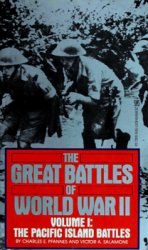“Gunpowder changed warfare, and in so doing it changed the
world,”37 states historian h omas F. Arnold. Nonetheless, the
invention of gunpowder weapons and their introduction to the
battlei eld did not revolutionize warfare overnight—in fact, this
process took a few centuries. One reason for this slow change is
that for many years gunpowder was hard to i nd. Moreover, its
early formulas did not deliver much explosive power. In addition,
the i rst generations of cannons and hand-held guns were
crude, overly heavy and bulky, and not very mobile.
Steadily, however, inventors and military engineers eliminated
these drawbacks, thereby making i rearms immensely more effective.
h e ultimate result was nothing less than world-altering.
It became clear to all that gunpowder weapons “were simply too
powerful for ancestral ways of war based on horses and lances,
castles and catapults,”38 in Arnold’s words.
At the same time, as the old ways of war were discarded,
political and social customs based on building, maintaining, and
capturing castles and fortii ed towns changed, too. Individuals
and societies with the most power and inl uence were no longer
those with the strongest walls and i nest cavalry. Rather they
were the ones best able to harness, exploit, and, most important,
consistently improve the technology of i rearms. Arnold of ers
what he calls a “classic opening scene” for this historic military
transformation: “A grimy-faced bombardier [gunner] bends over
his big-bellied cannon poised to send a great stone ball smash-
ing into a centuries-old castle, an elegant confection of pointy towers
and steeply pitched roofs. With that ball, we understand, this gunner
is knocking down a way of life—a way of power—as well as reducing a
gothic charm to a pile of splintered masonry.”39




 World History
World History









